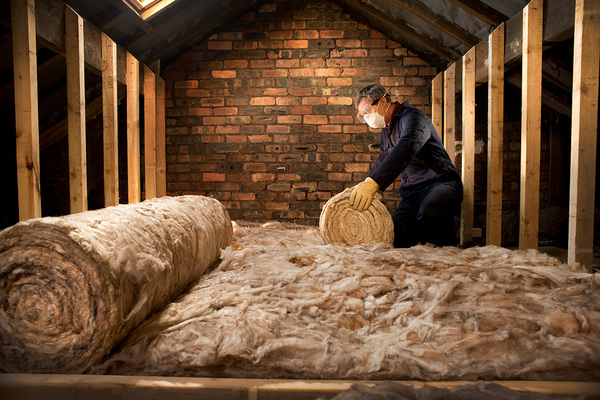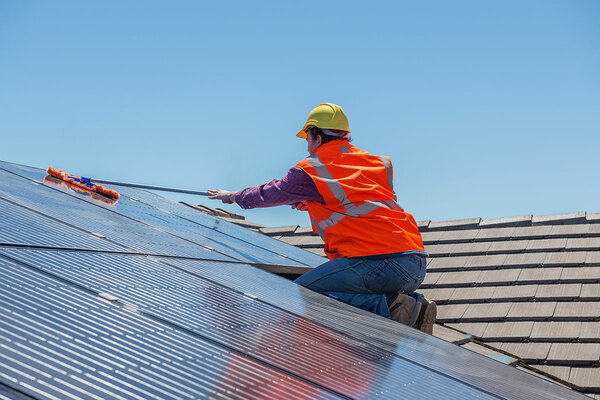You are viewing 1 of your 1 free articles
Making social homes net-zero carbon by 2050 will cost £3.5bn a year, says Savills
Making social housing hit net-zero carbon standards by 2050 in line with the government’s target will cost £3.5bn a year, analysis by Savills has found.
Researchers at the consultancy said the sector and government should learn from approaches to retrofit taken in other European countries to make the 2050 target achievable.
In France, for example, the government has set aside more than €30bn for a post-pandemic green recovery plan with an additional €2bn a year for the MaPrimeRénov scheme, which will provide grant funding of up to €20,000 to retrofit homes.
The German government funds one in three housing retrofits through a state-owned bank, while in Ireland a national retrofit taskforce will orchestrate work in specific areas to reduce costs and resources.
Boris Johnson’s government has established the Green Homes Grant, now worth £3bn in total, and allocated £50m for a pilot to test approaches to decarbonisation in social housing.
As part of a recently announced 10-point plan for a “green industrial revolution”, UK ministers have also set a target to install 600,000 heat pumps a year by 2028.
In its election manifesto, the Conservative Party pledged a 10-year social housing decarbonisation programme worth £3.8bn, but details about when it will go ahead have since been unclear and did not feature in the 10-point plan.
Savills’ £3.5bn-a-year figure closely resembles Inside Housing’s estimate of £104bn over the 30 years to 2050, based on data from 207 social landlords across the UK.
The UK government’s commitment to reaching net-zero carbon emissions by 2050 means social landlords will have to remove any reliance on fossil fuels.
Savills said the biggest challenge for social housing will be reducing reliance on gas central heating, which is currently installed in 85% of all homes in the country.
Its annual sector survey this year found that reaching the 2050 target is a key long-term concern for social landlords, with government policy and the availability of grant the biggest constraints.
Social housing is the most energy-efficient tenure, with 60% of housing association homes and 50% of council homes rated at least EPC C, according to the 2018/19 English Housing Survey, compared to 33% in the private rented sector and 29% of owner-occupied homes.
Sign up for our daily newsletter
Already have an account? Click here to manage your newsletters














